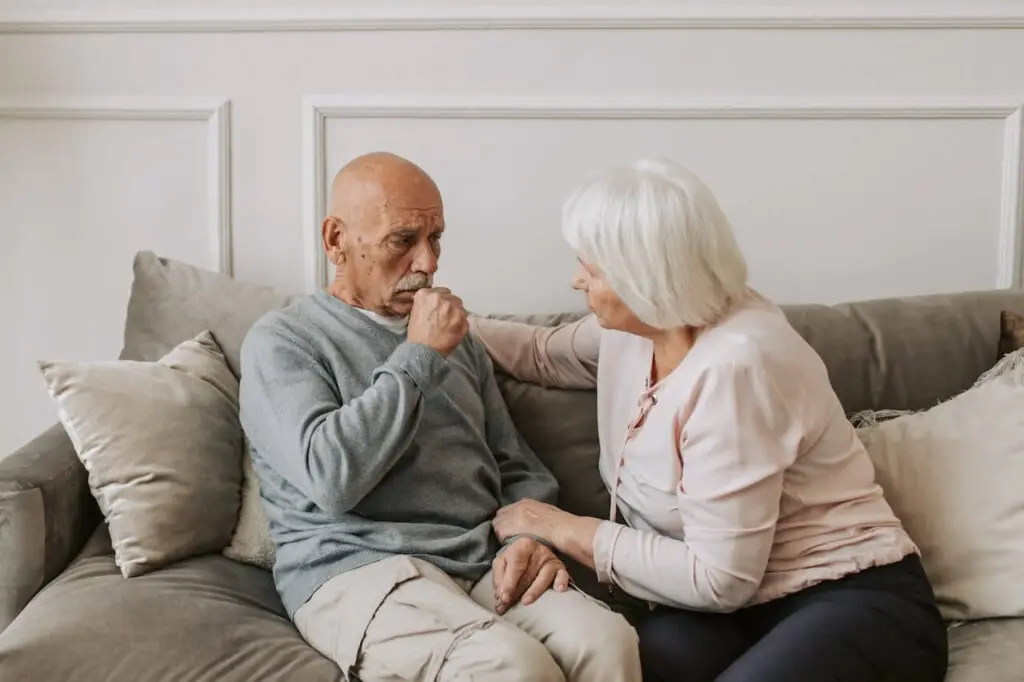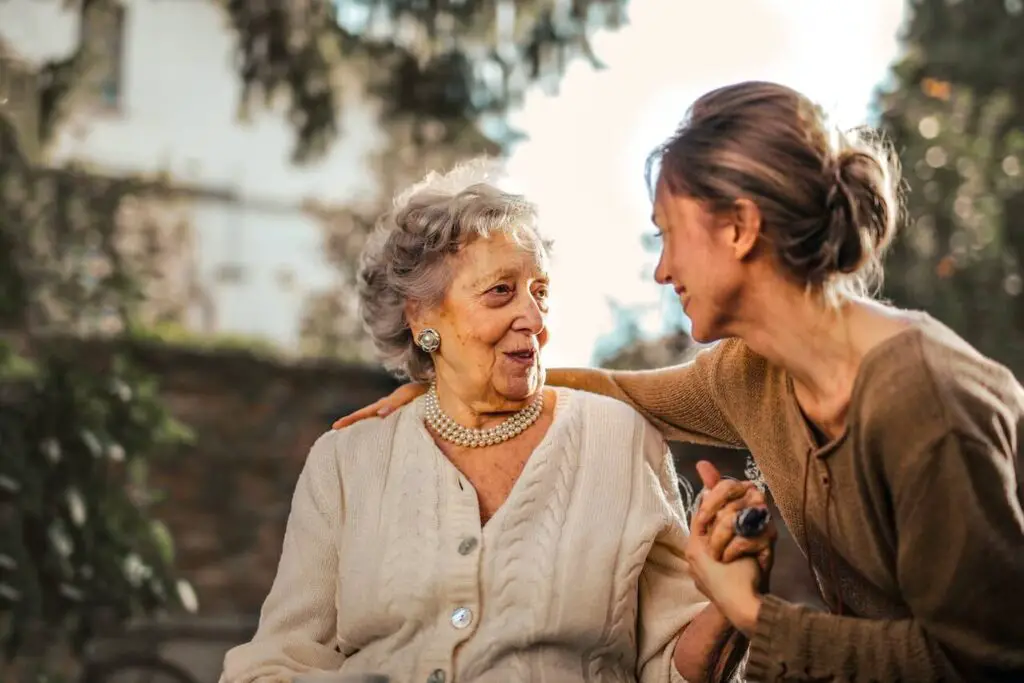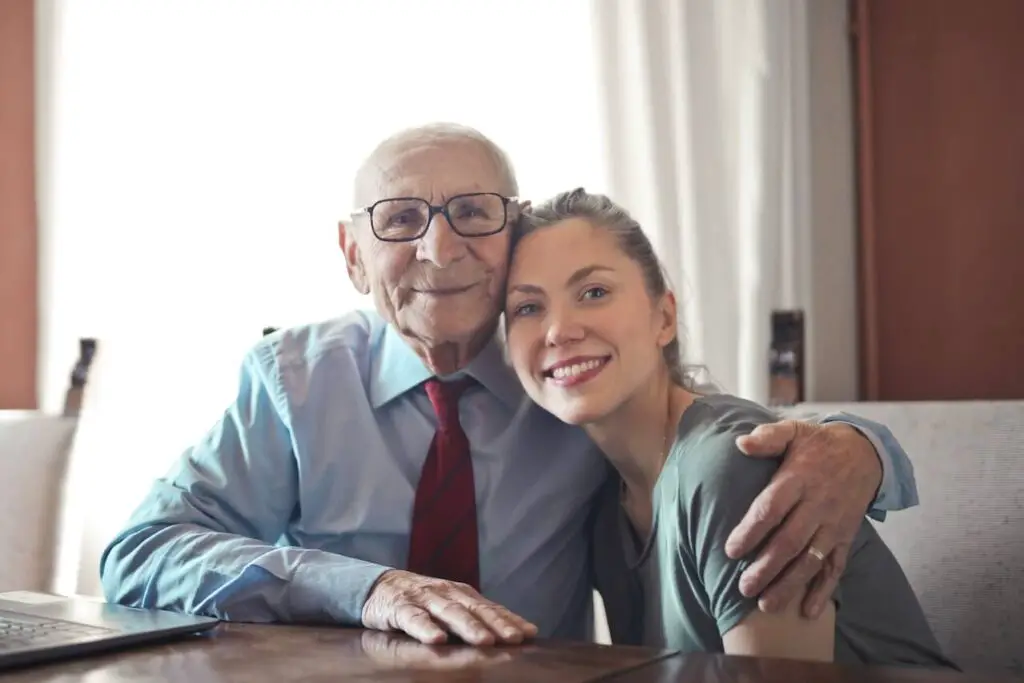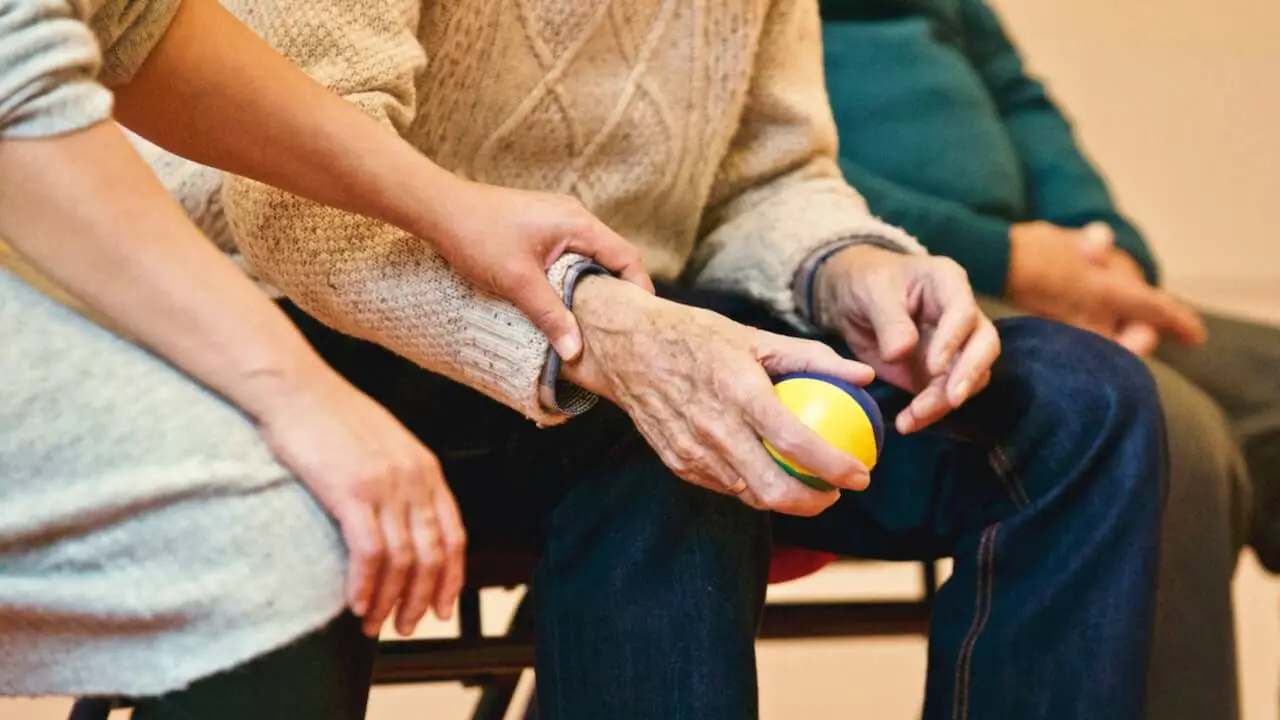As members of a community, it’s important to look out for our neighbours and offer support when needed. However, sometimes we may notice signs that our neighbour is struggling or in need of help, but may not know how to take action. If you are concerned about a neighbours welfare, then keep on reading to find out who to contact.
In this blog post, I will discuss the signs that your neighbour may need help, what to do if you suspect abuse or neglect, and ways to help your neighbour in other ways.
By the end of this post, you will have the information and tools you need to take action and offer support to your neighbour.
Signs That Your Neighbour May Need Help
I’ve come across many situations where neighbours may need help but don’t know how to ask for it. That’s why it’s important to be aware of the signs that your neighbour may need assistance.
Sadly some people don’t have a family that is local or a support network around them and this is when problems can arise, especially if they don’t like asking for help.
Physical signs, such as neglect of their property or personal hygiene, maybe a clear indication that your neighbour is struggling. For instance, if their lawn is overgrown, there’s a buildup of post or rubbish outside their home, or they have visible signs of poor hygiene, such as dirty clothes, then it’s time to take notice and reach out.
On the other hand, behavioural signs such as increased isolation or unusual behaviour may also be red flags. If your neighbour is suddenly avoiding social interactions, seems anxious or depressed, or displays erratic behaviour, then they may be going through a difficult time.
Approaching your neighbour and starting a conversation can be a sensitive matter, but it’s important to do so with empathy and understanding. You can start by simply checking in on them and asking how they’re doing, or if there’s anything you can do to help.
If you are invited into your neighbours house, then this will be a good reflection of if they are coping with everyday tasks such as cleaning, cooking and looking after their hygiene. Even if your neighbour says they are fine, their surroundings may say otherwise.
Offering your support and showing that you care can go a long way in helping your neighbour feel less alone and more supported.
Remember, if you suspect that your neighbour is in danger or at risk of harm, then it’s important to reach out to the appropriate authorities or support organisations.

What To Do If You Suspect Abuse or Neglect
What to do if you are concerned that a neighbour is facing abuse or neglect in their lives? It’s a distressing and often complex issue that requires immediate action when identified.
Here’s what you can do if you suspect that your neighbour is facing abuse or neglect.
Firstly, it’s important to recognise the signs of abuse or neglect. These may include physical signs such as unexplained bruises or injuries, poor personal hygiene, or weight loss.
Alternatively, you may notice behavioural signs such as increased aggression, anxiety, or depression. It’s crucial to trust your instincts and take notice if something seems out of the ordinary.
If you suspect that your neighbour is facing abuse or neglect, it’s important to take action. You can start by talking to your neighbour and offering your support. However, if they are unable or unwilling to speak about the issue, it’s time to reach out to appropriate support services or authorities.
There are many resources that you can turn to for help. The police, social services, and safeguarding teams can all provide guidance and support in cases of suspected abuse or neglect.
Additionally, many charities and organisations specialise in helping those who are facing abuse or neglect, such as Age UK, Women’s Aid, and the NSPCC.
Who to Contact if You Are Concerned About a Neighbours Welfare
If you are concerned about a neighbour’s welfare in the UK, there are several resources and organisations that you can contact for help and support.
- POLICE: If you suspect that your neighbour is in immediate danger, you should contact the police by dialling 999.
- FAMILY: If you are concerned about a neighbours welfare you should try and contact their family to inform them of your concerns. If they are not local, they may not be aware of the issues. Sadly, not everyone has family or family who are willing to help, so you should raise the concerns elsewhere if you are worried your neighbour will not get the help they need.
- ADULT SOCIAL CARE TEAM: For non-emergency concerns, you can contact your local council’s adult social care team and raise an ‘adult safeguarding’ concern. They can help assess the situation and provide appropriate support and assistance.
- LOCAL POLICE: Depending on the issue, you could contact your local police department’s non-emergency line.
- ENVIRONMENTAL HEALTH DEPARTMENT: If your neighbour is struggling and it’s creating a health and safety concern, such as smells or pests coming from their property then you should contact your council’s Environmental Health department. I have an article on how and when to contact Environmental Health that you can read here.
- CHARITIES & ORGANISATIONS: Depending on the issue, there are charities that you can reach out to.
Additionally, depending on the age of your neighbour several national helplines and organisations that can offer guidance and support. These include Age UK (0800 678 1602), NSPCC (0808 800 5000), and the Samaritans (116 123).
Some additional resources and organisations in the UK that you can contact if you are concerned about a neighbours welfare:
- Care Quality Commission (03000 616161)
- Childline (0800 1111)
- Citizens Advice (England: 03444 111 444, Scotland: 0808 800 9060, Wales: 03444 772020)
- Domestic Abuse Helpline (0808 2000 247)
- Mind (0300 123 3393)
- Shelter (0808 800 4444)

Who to Contact When Worried About An Elderly Person
Who to contact when worried about an elderly person?
If you are worried about an elderly neighbour in the UK, there are several resources and organisations that you can contact for help and support.
Here are a few options:
- Age UK: Age UK is a national charity that provides a range of services and support for older people. They offer information and advice on a wide range of topics, including health and social care, benefits, and housing. You can contact them on 0800 678 1602.
- Your local council’s adult social care team: Your local council’s adult social care team can provide advice and support for older people who may be struggling with health, care, or housing issues. You can also raise an adult safeguarding concern. You can find the contact details for your local council on the Gov.uk website.
- NHS 111: If you have concerns about an elderly person’s health, you can call NHS 111 for advice and support. They can provide information on a wide range of health issues and can help you find the right services for the person you are worried about. If it is an emergency then call 999.
- Silver Line: The Silver Line is a charity that provides a helpline for older people who may be feeling lonely or isolated. They offer information, advice, and friendship to older people, and can help connect them with local services and support. You can contact them on 0800 4 70 80 90.
- Alzheimers Society: If you are concerned that your neighbour has dementia and is at risk, then you can call the Dementia Connect support line on 0333 150 3456 to get advice.
It’s worth noting that if you are concerned that an elderly person may be at risk of harm or abuse, you should contact your local council’s adult social care team or the police. They can investigate the situation and provide appropriate support and assistance.
You should try and gather as much information as possible before contacting the above, so they can get a good overview of the situation.
If you feel that you need to raise a safeguarding concern, depending on the circumstances it is advisable to get the consent of your neighbour. If you are unable to get the consent from your neighbour but you are still worried, you should go ahead and raise the safeguarding concern.
What is safeguarding?
Safeguarding in the UK means protecting vulnerable individuals from abuse and neglect. It involves identifying and preventing harm, responding to concerns and is everyone’s responsibility. It is governed by laws, including the Care Act 2014, and requires a multi-agency approach.
In the UK, safeguarding is a term that is used across a range of sectors, including education, health, social care, and criminal justice.
Safeguarding involves identifying people who may be at risk of harm and taking steps to prevent harm from occurring. It also involves taking action to respond to any concerns or allegations of abuse or neglect that may arise, and ensuring that the necessary support and intervention is provided to those who have been affected.
In the context of children, safeguarding includes protecting them from physical, emotional or sexual abuse, neglect, and exploitation. In the case of adults, safeguarding involves protecting them from harm, including abuse, neglect, and financial exploitation.
The NHS has more information on safeguarding that you can read here.
Overall, safeguarding is an important part of ensuring the safety and well-being of vulnerable individuals, and it is everyone’s responsibility to be aware of the signs of abuse and to report if you are concerned about a neighbours welfare.
What To Do If You Think Your Neighbour Has Died?
If you are worried or concerned that your neighbour has died, then you should contact the police and explain your concerns. The police can carry out a welfare check on your neighbour to ascertain the welfare of your neighbour and make sure they are safe.
Before contacting the police to carry out a welfare check, knock on your neighbours door to see if they respond and then talk to other neighbours to see if they have seen or heard from your neighbour. Contact your neighbours family, if you have their contact details.
If you are still concerned about a neighbours welfare then it would be reasonable to contact the police to do a welfare check.
How to Help Your Neighbour in Other Ways
I’ve seen firsthand how a little bit of kindness and support can make all the difference in someone’s life. If you’re concerned about your neighbour but don’t suspect abuse or neglect, there are many ways that you can offer your help and support.
One simple way to help is by offering assistance with daily tasks. This could mean offering to pick up groceries for your neighbour, helping them take their bins out or letting them know that you are just a call away if they need help.
Little gestures of kindness can go a long way in brightening someone’s day and making them feel less alone.
Creating a support system with other neighbours is another great way to help. By coming together as a community, you can offer a more comprehensive network of support to those who need it. This could mean setting up a neighbourhood watch program or simply checking in on each other regularly.
There are also many resources and organisations that can offer assistance to those in need. Charities such as Age UK, the Red Cross, and local food banks can all provide support to those who need it.
If your neighbour is struggling with mental health issues, then organisations such as Mind or the Samaritans can offer guidance and support. You could offer to sit with them when they contact the charity or doctor if they don’t want to do it alone.

Conclusion
As a solicitor, I deal with elderly and vulnerable clients and I understand the importance of looking out for your neighbours and supporting those in need. If you’re concerned about a neighbours welfare, there are many ways that you can offer your help and support.
I encourage you to take action if you’re concerned about your neighbours welfare. By working together as a community, we can make a real difference in the lives of those around us.
Remember, a little bit of kindness and support can go a long way in making someone feel seen and cared for. Let’s work together to make our communities stronger and more supportive for everyone.





Leave a Reply